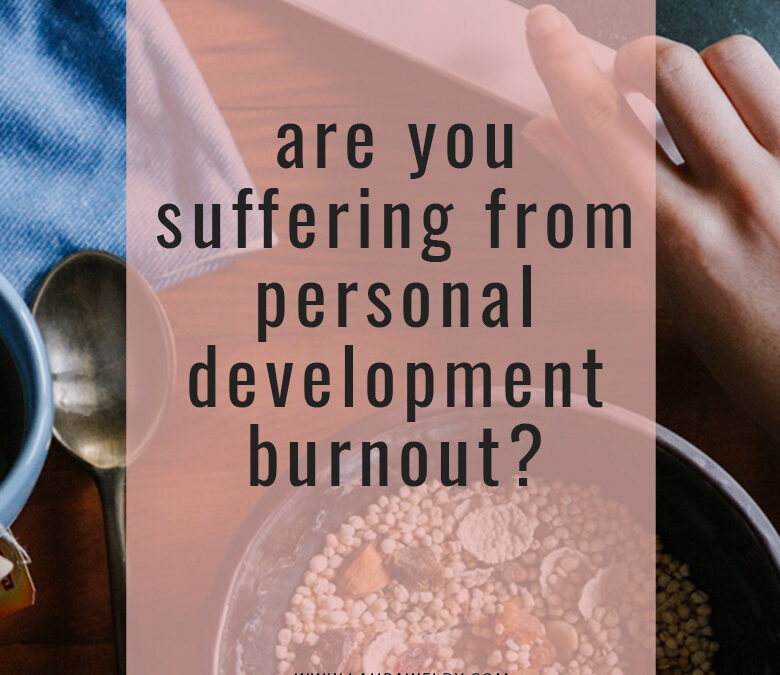I worked with Laura as my Coach twice. She helped me drop unhelpful labels I had given myself and helped me realize I can give myself permission to lean into whatever career feels good.
The second time I started working with Laura, I had found a day job that had a mission I believed in – but knew I wanted more out of my career.
I knew I wanted to create something as a leader and could not figure out what that was.
I found myself banging my head against the wall struggling to see how my skills could possibly translate into a money-making career. Again, Laura helped me see that I had all of the right ingredients to manifest and build a thriving company — I just had to let down the walls I had built up with my limiting beliefs!
By the end of my second time working with her, I had created my own company, brought on paying clients, and moved my day job to part-time.
Laura helped me flip the script with my own self-beliefs and think bigger about what “work” means, what a “leader” is, and taught me to trust that my talents are valuable to other people!
Bringing Laura into the picture will open your eyes to possibilities you never believed in previously, and have the confidence and the tools to exceed your expectations with life.
I’ve experienced two BIG changes as a result of working with Laura: 1st – realizing I was trying to push myself into a career I didn’t actually want, and 2nd – I went from having no idea what my next career move should be to building my own business with paying clients! The only thing that kept me from creating this business was changing my thoughts. I had struggled with a huge limiting belief that I was a quitter – and when Laura helped me work through that limiting belief, flip the script on how I see myself, I realized the world was my oyster! She helped me see that I had exactly what it takes to create a thriving business utilizing my personality and people skills, and all it took was a change in mindset, learning to listen to my intuition and gaining some self-confidence.
I can’t emphasize the value of bringing on Laura as a Coach enough. Y’all – before I started working with her, I had written pages and pages in my journal about how I didn’t feel worthy enough to have a thriving career because my Instagram sucked, I didn’t have a lot of followers, and I wasn’t “productive enough” on a daily basis.
Having a Coach whose best interests at heart are to help me see the value in myself, give me action-oriented steps to change my mindset and help me understand that productivity does not equate to worth, and to share in my successes is invaluable. If you’re still unsure if hiring Laura is right for you, take out a piece of paper right now and journal about what you’re afraid of. If you’re afraid of big, positive, massive change in your mind and your life – then it’s time to dig into that fear and make Laura your Coach. You won’t regret it!
– Kylie






